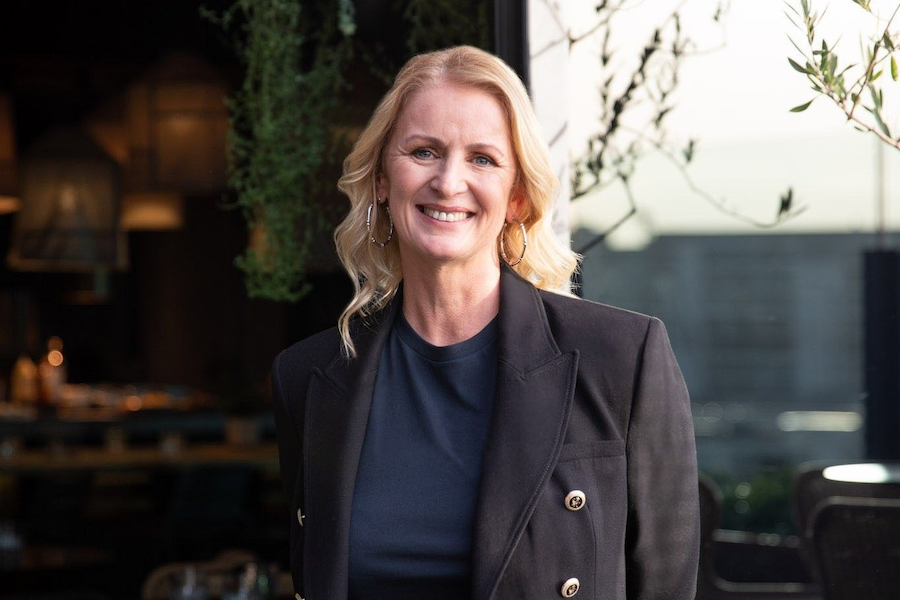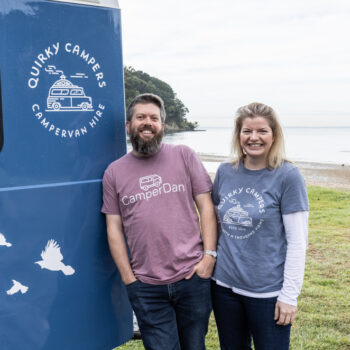SME health and wellbeing impacted by business pressures, new research
New research reveals that seven in 10 New Zealand SMEs are feeling stressed and burnt out, made more alarming given that SMEs make up 97 percent of all businesses in New Zealand.
The latest RFI Global research commissioned by Prospa highlights the ongoing uncertainty in New Zealand’s business climate, with business confidence continuing to trend downwards despite earlier post-covid optimism. The same time last year, Prospa’s research revealed that business confidence was at its highest since 2019, however, today’s findings show the majority of Aotearoa’s businesses are feeling the pinch with business sentiment decreasing over the last 12 months. Today, less than half (48 percent) of SMEs feel confident about their business’s future over the next year, a drop from 53 percent in November 2023.
Despite this, there is a glimmer of long-term optimism. Nearly one in two SMEs (49 percent) are feeling confident about the future of their business over the next 10 years, a positive shift from 45 percent in November 2023. This mixed outlook reflects the current economic environment; while consumers are tightening their belts, businesses are anticipating eventual recovery.
In the face of today’s economy, retailers are particularly hard-hit, with 85 percent reporting feeling stressed and burnt out. Similarly, 75 percent of SMEs in hospitality are feeling the strain, with over a third (35 percent) of all SMEs having to work longer hours as a result of the recent challenges within New Zealand’s economy.
The research found SMEs are most concerned about:
- Economic and regulatory factors (35 percent, up from 23 percent in May 23 and 33 percent in November 23)
- Business demand and cashflow (27 percent, up from 15 percent May 23 and 25 percent in November 23)
Most SMEs would consider themselves stressed or burnt out (70 percent), citing economic challenges (29 percent), cashflow issues (27 percent) and pressure/responsibilities of being a business owner (19 percent) as the top three reasons. Around 1 in 2 SMEs have had to cut back on personal expenses as a result of economic challenges, with smaller SMEs being more likely to do so.
Prospa New Zealand Managing Director, Adrienne Begbie, says it comes as no surprise that there’s a correlation between economic challenges and the wellbeing of business owners.
“What we’re seeing are the effects of inflation and the cost of living, and the impact this has on business owners’ overall wellbeing. These figures are certainly confronting. But it isn’t the first time our country has faced a recession, and it won’t be the last. What this tells us is that we always bounce back.”
In response to the recent challenges within New Zealand’s economy, SMEs are more inclined to increase prices (42 percent), use personal funds to cover business expenses (19 percent) and seek professional advice about business finances (16 percent).
SMEs have also made significant personal sacrifices for the sake of their business. On a personal level, one in two SMEs have had to cut back on personal expenses (51 percent), 36 percent are struggling to save for personal goals, 36 percent have had to postpone or cancel travel plans, 34 percent are sacrificing hobbies or leisure activities, and 32 percent are spending less time with family and friends.

“Business owners should never be forced to choose between their wellbeing and personal life, and the success of their business,” Begbie says.
“Business owners should not hesitate to seek external support – see what government grants and rebates are available, check out industry insights on how other like-minded businesses are dealing with current economic conditions, and seek professional advice from a financial advisor.”
The latest RFI research was undertaken between May and June 2024.







